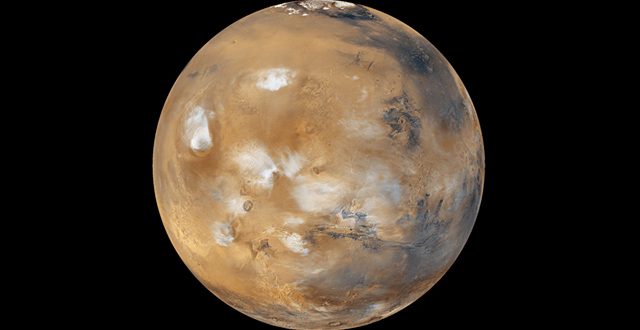Rocks found in the Outer Hebrides might suggest that there’s life on Mars.
The islands of Barra and Uist in the Outer Hebrides undergo earthquakes similar to “Marsquakes” on the red planet, and create hydrogen in the Earth’s crust. If such earthquakes are producing hydrogen on Earth, there is reason to believe Marsquakes do the same on Mars.
“Earthquakes cause friction, and our analysis of ancient rock in the Outer Hebrides has demonstrated how this creates hydrogen. Hydrogen is a fuel for simple microbes, so microbes could live off hydrogen created in the Earth’s subsurface as a result of seismic activity,” the lead researcher, Professor John Parnell, told The Independent.
“This is a model that could apply to any other rocky planet, and on Mars there are so-called ‘Marsquakes’ that may produce hydrogen and therefore could feed life in the Martian sub-surface.”
NASA aims to record a Marsquake during its 2018 InSight mission to Mars.
Agencies/Canadajournal
 Canada Journal – News of the World Articles and videos to bring you the biggest Canadian news stories from across the country every day
Canada Journal – News of the World Articles and videos to bring you the biggest Canadian news stories from across the country every day



